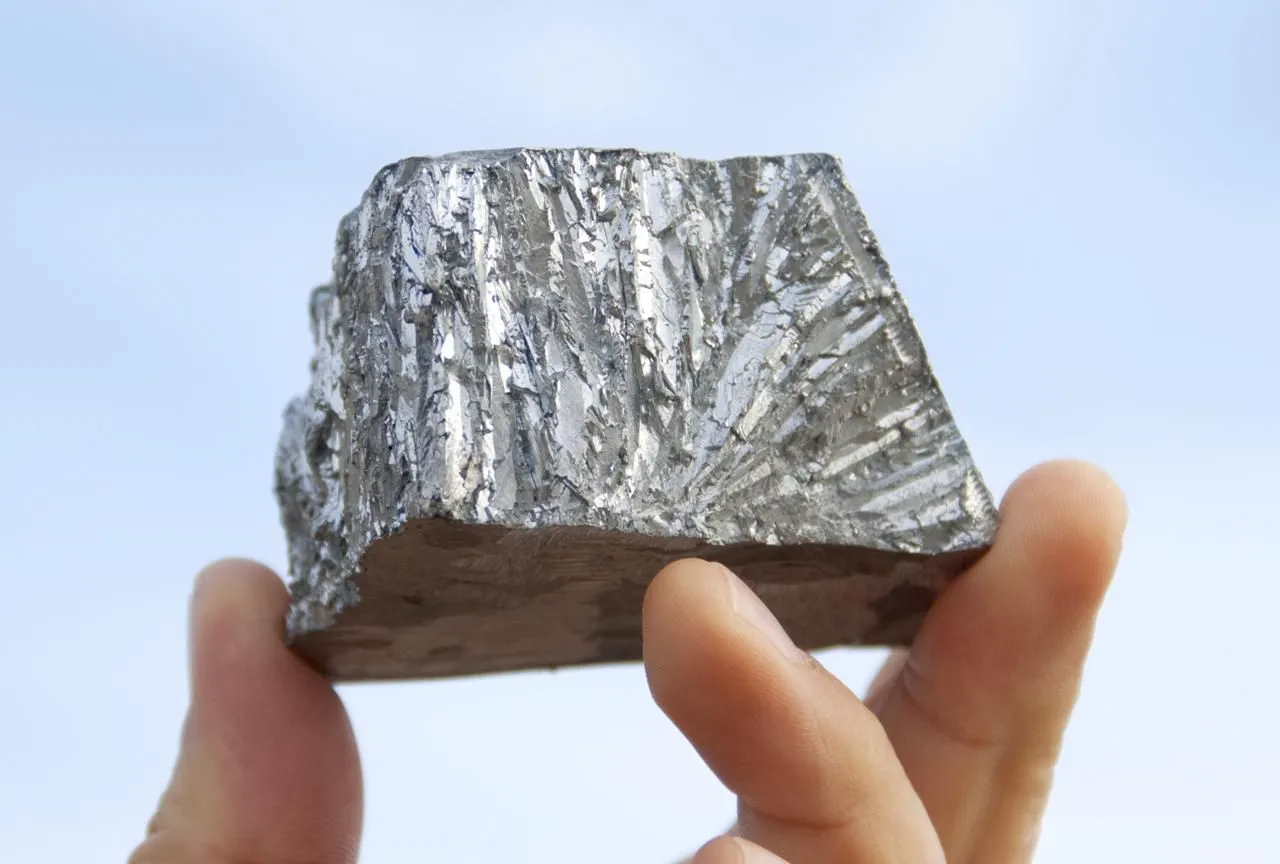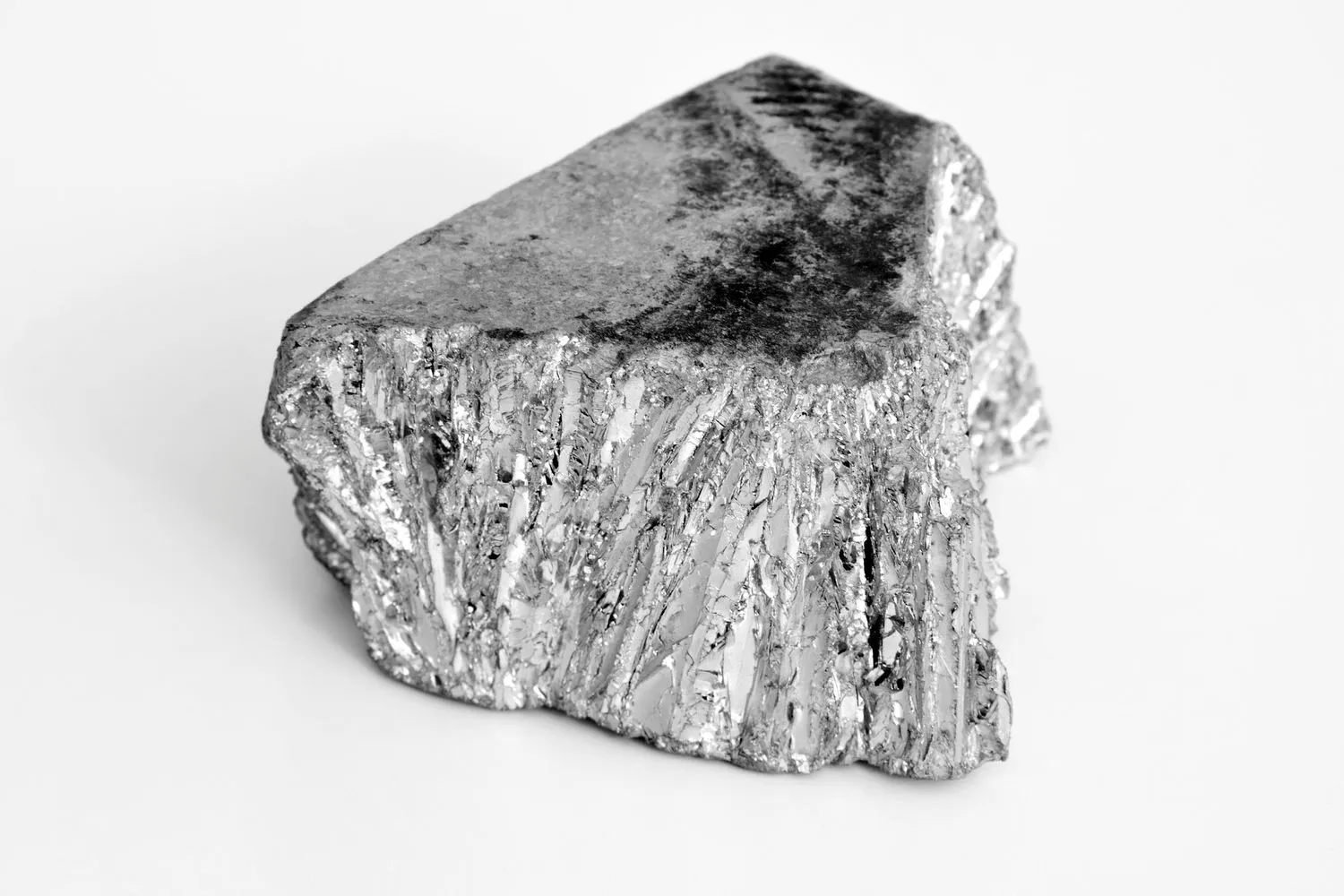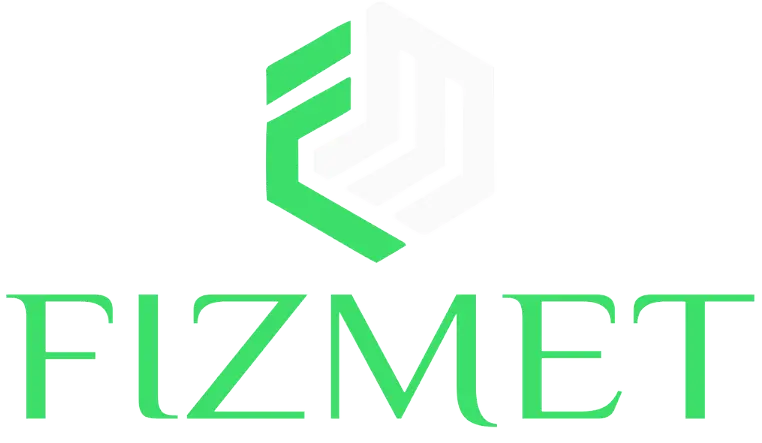
Zinc
A Versatile Metal with Rich History and Promising Future


History
Zinc, known for its bluish-white appearance, has a history that dates back thousands of years. Ancient civilizations such as the Romans and Greeks used zinc compounds for medicinal purposes and as a component in brass alloys. However, it wasn't until the 18th century that zinc was recognized as a distinct metal and began to be produced on a larger scale. Today, zinc plays a crucial role in various industries, from construction and infrastructure to automotive and electronics.
Future Potential
The future of zinc is bright, driven by its diverse range of applications and its essential role in modern technology and industry. With increasing emphasis on sustainability and environmental responsibility, zinc's recyclability and versatility position it as a key player in the transition towards a greener, more sustainable future. From galvanizing steel to protect against corrosion to its use in batteries for energy storage, zinc is poised to play a pivotal role in shaping the industries of tomorrow.
Benefits
Zinc offers a multitude of benefits that contribute to its widespread usage and appeal:
Corrosion Resistance
Zinc's ability to form a protective layer when exposed to air and moisture makes it an excellent choice for galvanizing steel and other metals, providing long-lasting corrosion protection in harsh environments.
Alloying Agent
Zinc is commonly used as an alloying agent in the production of brass, bronze, and other metal alloys. These alloys exhibit enhanced strength, durability, and corrosion resistance, making them valuable materials for various applications.
Electroplating
Zinc electroplating is widely used to provide decorative finishes, corrosion protection, and solderability to metal surfaces. It is commonly employed in automotive parts, household appliances, and hardware products.
Health Benefits
Zinc is an essential micronutrient for human health, playing a vital role in various biological processes such as immune function, wound healing, and DNA synthesis. It is commonly used in dietary supplements and pharmaceuticals to address zinc deficiency and support overall health.
Role in the Recycling Industry
Zinc plays a significant role in the recycling industry, contributing to resource conservation, energy savings, and environmental sustainability. The recycling process for zinc involves melting down scrap zinc and reusing it to produce new products, with minimal loss of quality or performance. By recycling zinc scrap, the industry reduces the need for virgin zinc ore extraction, conserves natural resources, and minimizes energy consumption and greenhouse gas emissions associated with primary production.
At Fizmet International, we recognize the importance of zinc recycling and are committed to promoting sustainable practices within the industry. By facilitating the efficient recycling of zinc scrap and connecting suppliers with buyers worldwide, we contribute to the conservation of resources and the reduction of environmental impact. Join us in our mission to harness the potential of zinc and build a more sustainable future for generations to come.
